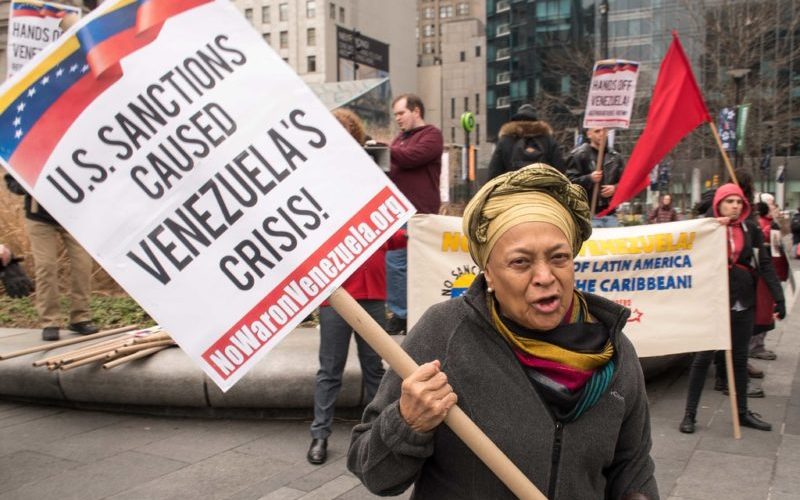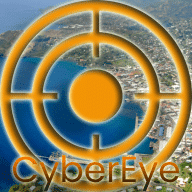
The United States government has reinstated sanctions on Venezuela following a decision by the Venezuelan Supreme Court to uphold a 15-year ban on main opposition candidate María Corina Machado from participating in the presidential election scheduled for this year.
This move marks a significant shift from the stance taken in October 2023 when the U.S. relaxed sanctions under the “Barbados Agreement,” where Venezuelan President Nicolas Maduro had committed to ensuring free and fair presidential elections. The reinstated sanctions indicate U.S. dissatisfaction with recent developments in Venezuela, particularly concerning democratic processes.
Matthew Miller, a spokesperson for the U.S. Department of State, expressed concerns over actions by Maduro and his representatives, including the arrest of democratic opposition members and barring candidates from this year’s election. These actions are seen as inconsistent with the Barbados Agreement.
As a response, the U.S. will not renew General Licence 44, which offers relief to Venezuela’s oil and gas sector, set to expire on April 18, 2024. Furthermore, the U.S. is revoking General Licence 43, which authorized transactions involving Minerven, the Venezuelan state-owned gold mining company.
The sanctions also cast uncertainty over the Dragon gas deal between Trinidad and Tobago and Venezuela. Energy Minister Stuart Young clarified that the OFAC licence granted to the Trinidad and Tobago Government, specific to the Dragon project, is separate and unaffected by the general licence due to expire in April 2024.
Venezuelan Ambassador to Trinidad and Tobago, Álvaro Enrique Sánchez Cordero, confirmed that the Dragon licence is valid for two years, allowing transactions until October 2025. Payments can be made in various currencies, including humanitarian aid.
Prime Minister Dr. Keith Rowley and Minister Young, currently in the U.S., have held discussions with U.S. officials, including Secretary of State Antony Blinken. Opposition Leader Kamla Persad-Bissessar expressed her anticipation for Rowley’s response to these developments.
Former Energy Minister Kevin Ramnarine highlighted the increased political risk of doing business with Venezuela, especially with the pending general election in Venezuela and the reimposition of U.S. sanctions. He questioned the feasibility of the Dragon project amid such uncertainty and suggested focusing on Trinidad and Tobago’s own natural gas resources.
The reinstatement of U.S. sanctions on Venezuela signals increasing geopolitical complexities in the region. While the direct impact on the Dragon gas project appears limited for now, the broader implications on Venezuela’s political landscape and regional energy collaborations remain significant. As the situation evolves, it underscores the delicate balance of international relations and economic partnerships in the Caribbean and Latin American regions.


